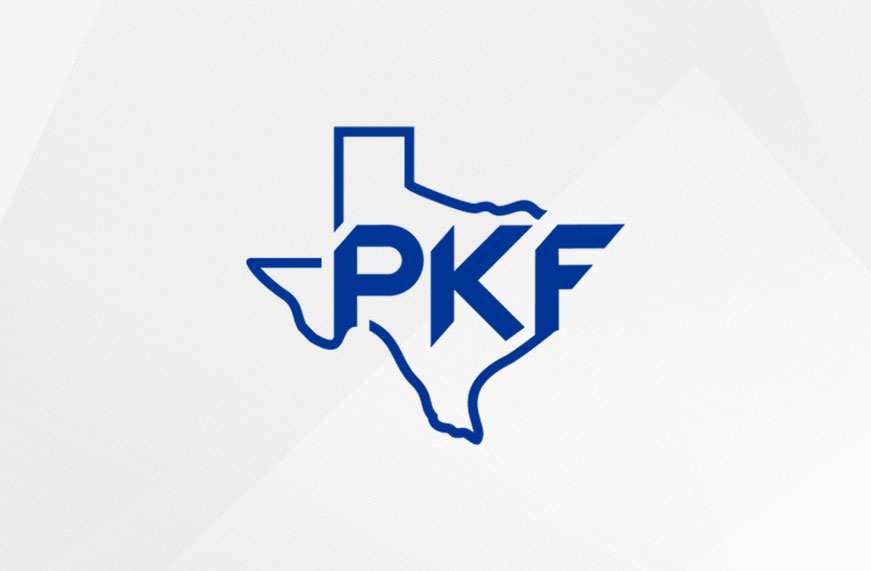Provision in the new Tax Act is boon for companies who qualify

For those uninitiated in tax matters, a dream of selling your business tax-free sounds like the loftiest of pipe dreams. The new 2017 Tax Cuts and Jobs Act may just give one this exact opportunity – if all the cards fall into place. The Act’s new Section 1202 allows a selling taxpayer to exclude theoretically tens of millions on a sale of a business. Sweetening the pot even further, the Act reduces the corporate rate, which makes the savings even more enticing.
The new provision related to the exclusion of gain on sale of the Qualified Small Business Stock (QSBS) is truly stifling in its restrictions of who can and cannot use it. But, for those who can, such as tech and manufacturing companies, and especially startups, it can save its owners literally millions. However, any trade or business involved in healthcare, law, engineering, architecture, accounting and actuarial services, consulting, and financial services, or any company where the reputation or skill of one or more of its employees is the primary asset of the business, is excluded from taking advantage of Section 1202.
QSBS is stock of a company that never had more than $50 million in gross assets during its life and specifically did not have more than $50 million in gross assets on the date of issuance of stock. This can be a great deal for tech startups, since the majority of their assets is intellectual property that can be valued fairly low at the time it is contributed to the company. This can also be perfect for small end manufacturing companies as well.
As long as the shareholders (if not a corporation or a holder of disregarded entity or partnership interest) held on to their investment for at least five years prior to the sale, they can exclude the gain from the sale or exchange of their QSBS. Now, what makes this particular provision so attractive is that the taxpayer can exclude 100 percent of the greater of $10 million dollars or 10 times the adjusted basis of the QSBS issued.
For example, if you have an adjusted basis in the stock of $45 million, you have the incredibly tough decision of choosing if you want $10 million or $450 million tax-free. We know which one we’d pick.
Like we previously mentioned, this provision can truly benefit shareholders of companies, such as tech startups, who plan on having relatively low asset values for the foreseeable future, but also plan on increasing it over time. Since the initial value of intellectual property is typically low until people really see the benefit of it (think Pied Piper in the HBO show Silicon Valley if you are familiar with the reference), it allows such a company to take full advantage of the QSBS provision. And, if shareholders want to sell and move on to another idea, a la Elon Musk, after five years they can walk away tax-free to pursue whatever new idea they have.
Overall, the new Section 1202 may incentivize the owners to choose a C corporation as an entity type in the future, as opposed to other types of entities, because of benefits offered by the Act. Even though, historically, small investors may have opted in for doing business as flow through entities, we think a lot of them will be looking at the C corporation as a viable option, especially if they are starting the business with an intention of increasing its valuation over time and to sell in the foreseeable future.
This article originally appeared in the Houston Business Journal.

